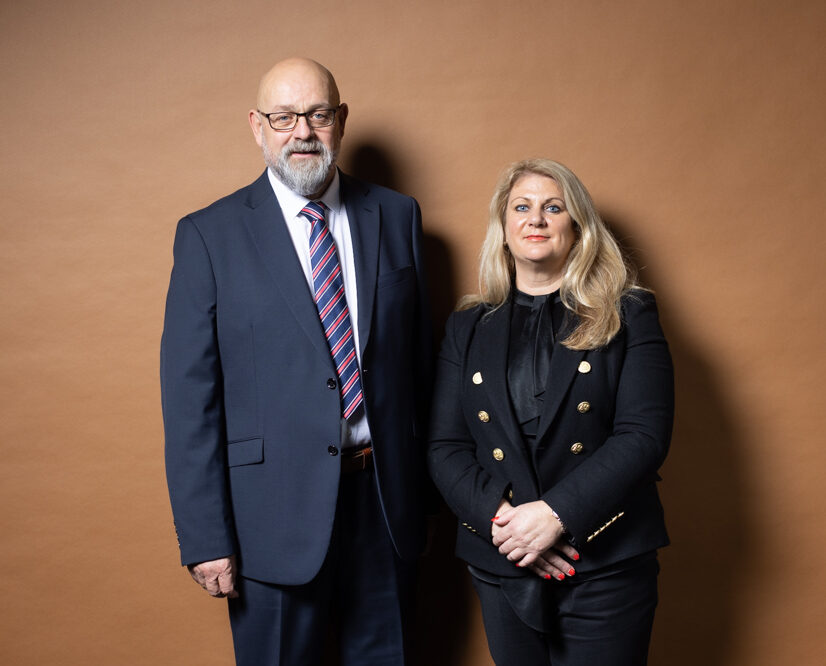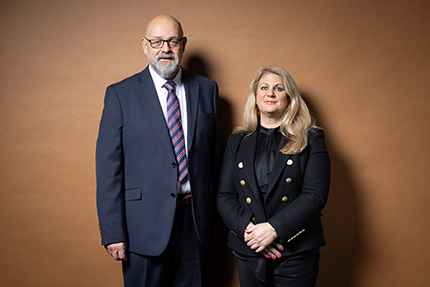What is Tolata?
Tolata occurs when cohabiting couples who are not married dispute the ownership of property.
In the absence of a negotiated settlement, their claim is dealt with by recourse to the court.
The Trusts of Land and Appointment of Trustees Act 1996 (TOLATA) controls how these disputes are dealt with by the court.
If the property is held in joint names, then the law assumes it is held equally unless there is different agreement in place.
A party may hold the property in their sole name on a constructive trust for two or more people i.e. the beneficial ownership does not follow the legal ownership. Under these circumstances, couples must show their entitlement to share in the property or land, and the courts will use TOLATA to decide:
- Who has the right to occupy the property.
- The extent of the parties’ ownership.
First of all, it is necessary to establish what the position is on the legal title held at the land registry. (Do note there are still some land and properties out there that have never been registered).
Am I entitled to a share in our property that is in my partner’s name?
Sole ownership
Probably the cause of most Tolata cases with cohabiting couples who separate is where the property is registered in the sole name of one of them.
These cases are more complex in terms of establishing who is entitled to the beneficial interest and in what shares. Under these circumstances, the courts will look for a common intention of sharing the property, and if the party who does not have ownership acted on that intention to their detriment. For example, money has been put towards the purchase price or property improvements by the non-owner.
Property entitlement claims are unfortunately complex and there are two routes a claim can proceed through court. Here at Vincents, we will advise you clearly based on discussions with you and the evidence you can provide.
Joint legal owners
You can own the property either as joint tenants or tenants in common. A joint tenancy is where the whole property is equally owned by those named as owners, with no specified shares.
A tenancy in common gives each owner a set share of the property. If you have a written declaration of trust setting out defined shares such as 50/50 or 60/40, it will dictate the ownership. If there is no declaration of trust, there will be an assumption of 50:50 ownership, which can only be varied if there is evidence to the contrary.
We have children, will my partner have to pay for our home now that we are splitting up?
Often linked with TOLATA cases is Schedule One of the Children Act 1989.
For separating unmarried couples who have children, a parent can make a financial claim under what is known as a Schedule One of the Children Act 1989.
The court can order that one parent make financial contributions to provide a home for the couple’s children. There are conditions, and the criteria is complex. Here at Vincents, we can advise and guide you through the process.
My partner promised me a share of our property and land. Am I entitled to it now we are splitting up?
Also linked with TOLATA claims is an equitable remedy known as proprietary estoppel/promissory estoppel. Often, this is based on what was said by parties to one another and the actions taken as a consequence of such.
There are two types of promise – promises in relation to land and promises generally. In either case, it is necessary to establish that a promise was made and that the person receiving the promise acted to their detriment in reliance of that promise.
Estoppel is generally a defence to a claim. It is not usually a claim in its own right.
Proprietary estoppel generally occurs where an individual makes a promise to another in relation to property.
The representation or assurance must be that the individual has or would have an interest in a specific property.
The individual must rely on the assurance by the promisor in circumstances where it was intended or known that the assurance might reasonably be relied upon.
The individual must suffer substantial detriment in consequence of that reliance. The effect generally is that one of you has, in law, the legal title but are prevented from exercising that right because of a promise made to the other party or parties, which they to their detriment have relied upon. In such cases, the law upholds the promise. By its very nature, this remedy heavily relies upon the recollections and actions of the parties as opposed to a written contract.
Occupation rent
Often in TOLATA disputes, there is a claim for occupation rent by the party not living in the property. In such cases, the first step is to establish the extent of the party’s ownership. The court will then, with recourse to the provision in TOLATA, consider if the occupier has to pay an occupation rent to the non-occupier. It is not a given that such occupation rent is payable; it all depends on what has happened in terms of the separation. There may be agreements or promises made that impact whether an occupation rent is allowed.
TOLATA can be a complex area of your Divorce. At Vincents, we aim to give you Clear, Precise Advice in plain English. Talk to one of our experts today on 01772 555 176
Meet our team of experts
Frequently asked questions
Family Law Client Testimonials
Clear advice feels better
Divorce Client Review
Mr Mark Mosley has a wonderful manner ensuring that I understood all stages of the process. He was always supportive. I wish to take this opportunity to thank him, Mark is without doubt the person I would recommend to anyone going through a Divorce.

Family Law Client Thank you
Thank you so much Val you have helped me through this and I feel more confident for tomorrow whatever the outcome is.

Family Law Client Testimonial
It’s been a long year with all this so I’d like to also say thank you for all you and Martin have helped me and the girls it’s massively appreciated.

Family Court Proceedings Client Testimonial
I just wanted to send a quick email to say thank you very much for all your help and support through my recent Family Court Proceedings, your firm has been brilliant with advice and prompt guidance whenever I needed it.
Thanks again.












